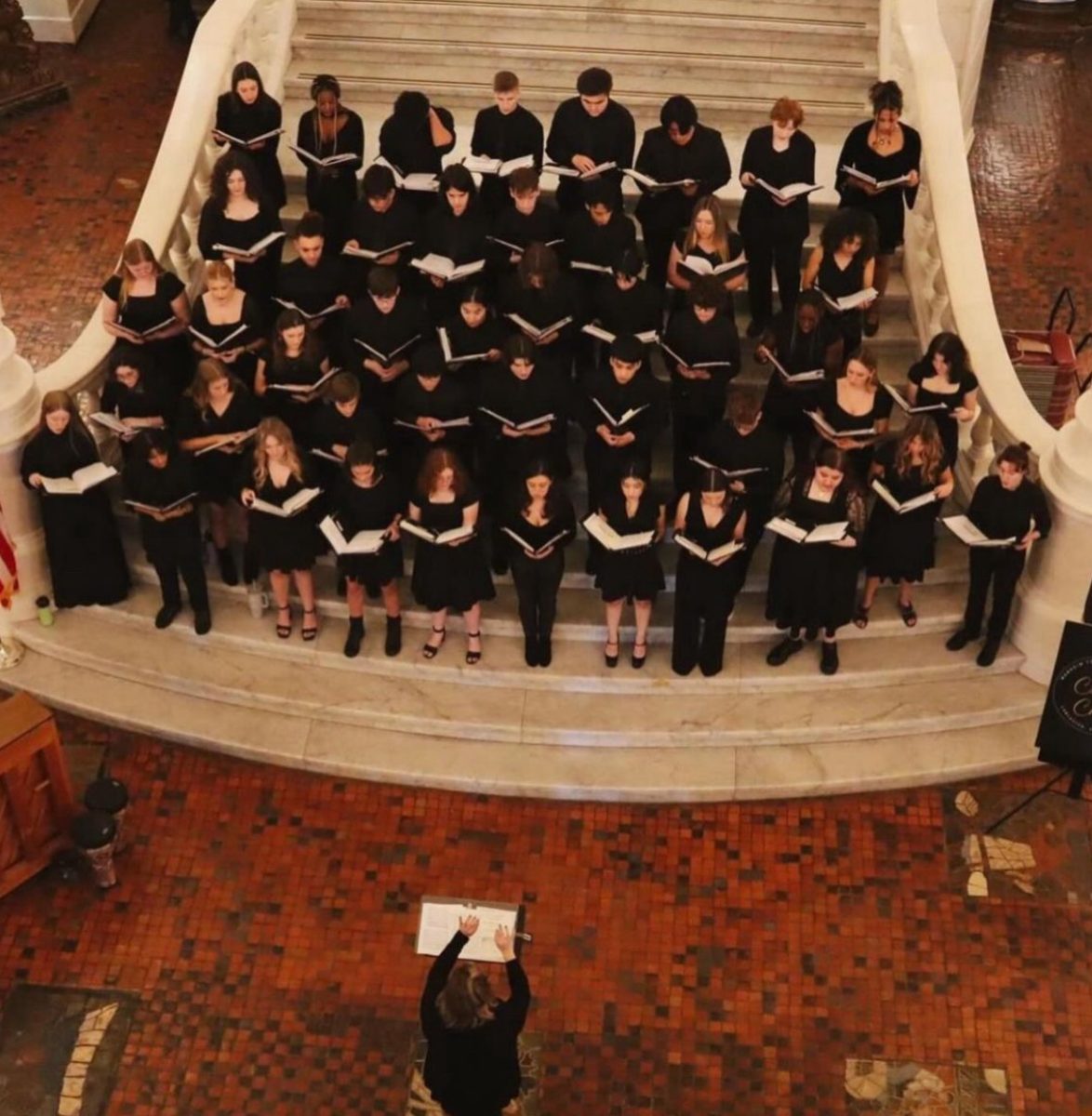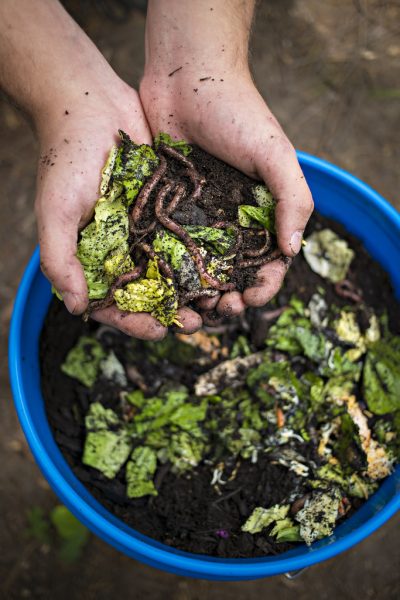To trick or treat — or not
Trick-or-treating is a beloved childhood tradition. But how old is too old?
October 21, 2020
Fall is finally here — sweater weather, pumpkin spice lattes, and the turning of leaves are all coming on fast. As we approach the end of October, a commonly asked question arises on the scariest night of the year: how old is too old for trick-or-treating? Many people have different opinions on what the appropriate age is to stop dressing up and asking for candy on Halloween night.
Senior Brady Yohe stopped trick-or-treating when he was 14. Others, however, stopped trick-or-treating when they were much younger, like freshman Abby Bekele, who stopped when she was in 7th grade. Although the best age to stop trick-or-treating varies from person to person, the general agreement seems to be that sometime between 7th and 9th grade is an appropriate age to stop.
“I felt like for me, personally, I had gotten all I could out of trick-or-treating, and it was time to move aside and let the younger kids take over,” says junior Noa Blumenthal.
But many students believe that it is still completely fine for high schoolers to continue trick-or-treating if it brings them joy. After all, Halloween is all about fun, candy and seeing friends. If an 11th grader still wants to dress up and go trick-or-treating, then they can go ahead! Students believe that Halloween should be a widely accepted tradition for all ages.
Some towns, however, have laws prohibiting kids above a certain age to go trick-or-treating. For example, in Chesapeake, Virginia, kids over twelve years old can get fined up to $100 for trick-or-treating. Other cities have more relaxed rules; in Charleston, South Carolina, kids are allowed to trick or treat up until they are sixteen.
Students are definitely glad they don’t live in these types of towns. “I think that trick-or-treating is about having fun and enjoying the holiday, and I don’t think that choice should be taken away,” says Sophomore Brielle Huss.
Other students seem to agree with Huss.
“I think that it should be up to each individual [what age they stop trick-or-treating]. I feel like that’s the tipping point of freedom. They should choose whether they want to go out with their friends and trick or treat,” says Bekele. It isn’t fair that cities can take the innocent joy of trick-or-treating away from kids.
It seems like these laws come from the idea that teenagers who are trick-or-treating can ruin the fun for younger kids. According to Kristi Pahr of Parents magazine, “parents of young children may worry that their little ones’ magical night may be ruined by rambunctious teenagers.”
But people argue that if teens aren’t trick-or-treating, they can be up to more dangerous activities, like pranking or drinking.
For students who have stopped trick-or-treating, they have still found other ways to continue the fun: “My mom, dad, and I set up a campfire with a bucket of candy. I like looking at the kids’ costumes and reminiscing about trick-or-treating,” says Yohe.
Even if high school students have grown out of the trick-or-treating age, they still look back fondly on the pure childishness of dressing up and gathering their favorite candy bars. For older kids who celebrate Halloween other ways than trick-or-treating, it seems that the focus shifts from the candy and more towards the social aspect.
“I get together with friends, maybe have a small party,” says Blumenthal. “Candy still obviously makes an appearance.”
So even if teens have grown out of trick-or-treating, there are still a lot of ways to enjoy the fun and celebrate the Halloween season.

























Noa Blumenthal • Oct 22, 2020 at 9:54 am
I loved reading this and interviewing with Maddie! Amazing work girly! 🙂